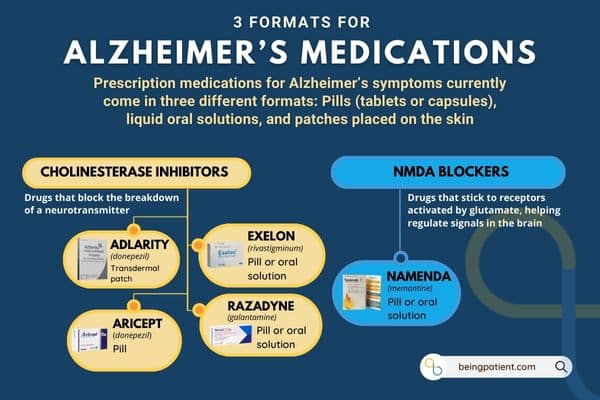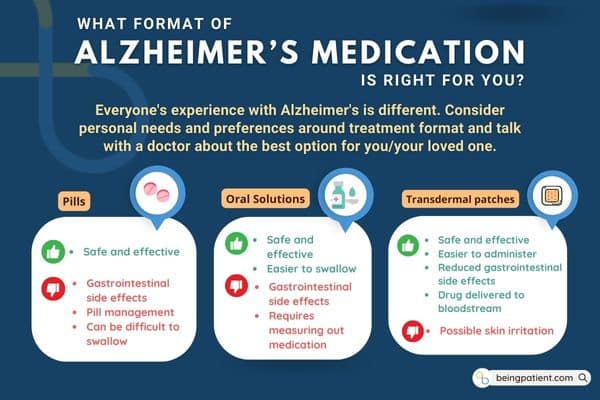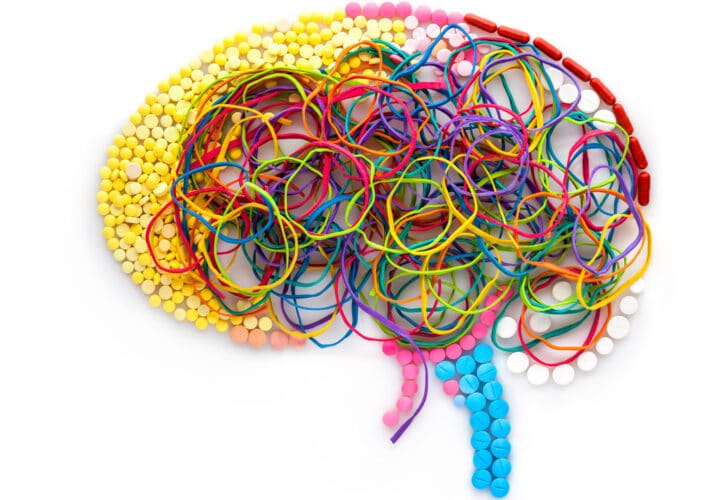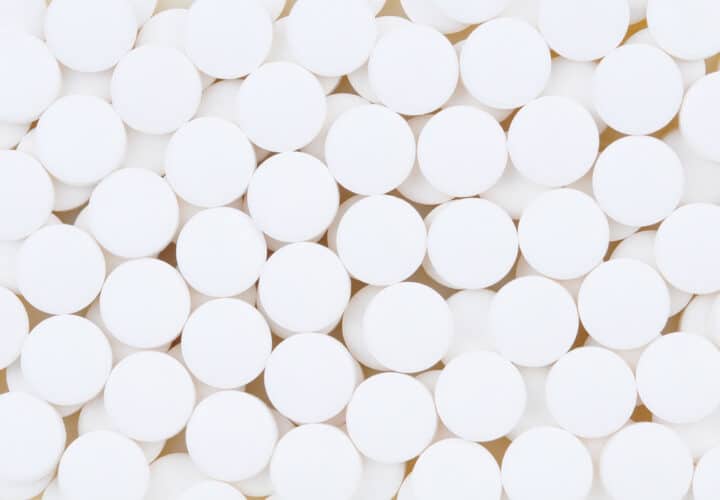Some of the most common treatments for Alzheimer's symptoms may be prescribed in pill form, as an oral solution, or even as a transdermal patch. Being Patient compares the pros and cons of each option.
This article was written by Being Patient. Corium, the maker of Adlarity®, a transdermal Alzheimer’s dementia treatment, sponsored the article.
Scientists have made substantial progress in managing Alzheimer’s most debilitating symptoms: memory loss, confusion, and cognitive impairment. To date, three different drugs have been approved by the FDA to treat symptoms at any stage of Alzheimer’s disease: donepezil (available under the brand names Aricept and Adlarity), galantamine (Razadyne) and rivastigmine (Exelon). For patients specifically with moderate to severe Alzheimer’s, there is also memantine (Namenda).
The first generation of these drugs were available in pill form, as tablets or capsules. But this old standby has its drawbacks. Some caregivers find that while pills may be effective at easing symptoms, some patients have trouble swallowing them — or they aren’t interested in swallowing them. And a forgotten dose can derail treatment.
Drugmakers innovated to solve these challenges, and offer other options to suit different patients’ needs. The result: easier-to-swallow liquid oral solutions, and leave-on transdermal medicated patches that skip ingestion altogether and only need to be changed either daily or weekly depending on brand.
One study on Alzheimer’s medication in patch versus pill form showed that patients and caregivers tend to prefer patches over pills, because they’re easier to administer and schedule than pills. This said, experiences with Alzheimer’s and its symptoms vary from patient to patient, and they evolve as the disease progresses. Below, Being Patient dives into the pros and cons of each format to help people living with Alzheimer’s and their caregivers find the best option for them.

Transdermal patches for Alzheimer’s
In September 2022, biotech company Corium released a once-weekly adhesive, transdermal patch called Adlarity. It administers the drug donepezil, an Alzheimer’s treatment prescribed to mitigate symptoms like memory loss and confusion, through the skin.
According to Corium Chief Medical Officer Charles Oh, patches slowly diffuse the drug into the blood through the skin over seven days, saving people the extra step of remembering to take a daily pill at the right time. This, Oh said, could be a big help when it comes to efficacy.
Pros
“The drug is only good as [long as] the patient is taking it on a regular basis,” Oh told Being Patient. Compared to the oral formulation, he added, data shows that patients using donepezil (Aldarity) in patch form were three times less likely to experience gastrointestinal side effects, like nausea and diarrhea. This is because the drug is delivered directly to the bloodstream bypassing the gut.
As opposed to remembering to swallow pills everyday, transdermal patches are easily applied by oneself or a caregiver, Oh added.
Rivastigmine (Exelon) is also available in patch form from drugmaker Novartis. Rivastigmine (Exelon) patches need to be replaced daily while donepezil (Adlarity) patches are replaced once-per-week. One caregiver shared that the rivastigmine (Exelon) patches worked well for their mother, reducing diarrhea.
Cons
Novartis’s rivastigmine (Exelon) patches can cause skin irritation for some people.
“In my experience dementia patients tend to be irritated by the patch and pull it off, so Aricept [in pill form] would probably be a better bet,” one caregiver shared in an online forum.
According to Oh, Corium addressed some of these issues associated with skin irritability. Oh added that less than 1 percent of patches in their trial caused skin reactions beyond redness or irritation.
Novartis’s rivastigmine (Exelon) patches, which secured FDA approval in 2007, are typically covered by Medicare. Corium is currently working to ensure the Adlarity patch, which was approved by the FDA in March of this year, has Medicare and insurance coverage, too, Oh said. According to GoodRx, a four-week supply of donepezil patches (Adlarity) can be purchased for $450 without insurance coverage; a 90-day supply of donepezil (Aricept) in pill form is covered by Medicare.

Pills for Alzheimer’s
Rivastigmine (Exelon) and galantamine (Razadyne) are available in capsule form, which means the medication is enclosed in a shell. Donepezil (Aricept), galantamine (Razadyne) and memantine (Namenda) are available in tablet form consisting of a powdered form of the drug which is compressed into a round or oval shape.
Here are the main differences between capsule and tablet forms:
- Tablets can be broken in half, or dissolved making them easier to swallow
- Capsules are faster-acting and cause less irritation to the gut
Pros
Both tablets and pills are safe and effective for symptom management and are also covered by Medicare.
Cons
Compared to other forms of medication, caregivers say pills come with the most drawbacks. Since many people with Alzheimer’s have trouble swallowing or simply refuse to take their pills. In online forums, where caregivers trade advice for how to deal with Alzheimer’s treatments and get the best results, recommendations shared include crushing up tablets and mixing them with applesauce, pudding or another treat to make them easier to swallow.
In these cases, the pill form of these drugs may take longer to administer.
Pills also need to be administered every single day. People in mild stages of Alzheimer’s may have trouble remembering to take their daily dose. For people in later stages, caregivers need to be on hand to administer treatment every day at the same time — a heavier lift than a once-weekly skin patch.

Oral Solutions for Alzheimer’s
Oral solutions are also available for the drugs donepezil (Aricept), galantamine (Razadyne) and memantine (Namenda).
The liquid solution is withdrawn from its container via syringe and either expelled into a glass of water or directly into the mouth.
Pros
The oral solution is safe and effective, easy to swallow. All three current brands are covered by Medicare. This option may be a good fit if a patient has trouble swallowing, is in the later stages of the disease, or prefers liquid over pills.
Cons
This method requires a syringe to draw in fluid from a bottle. It may be difficult for some patients and caregivers to measure out the right dose.
Finding the best treatment option for you
Picking out the right treatment option is an important decision that you should discuss with your doctor. Even though all of these drugs are effective, there are advantages and disadvantages to each of the formats. The right treatment will be the one that is most convenient and effective for you and your family.




